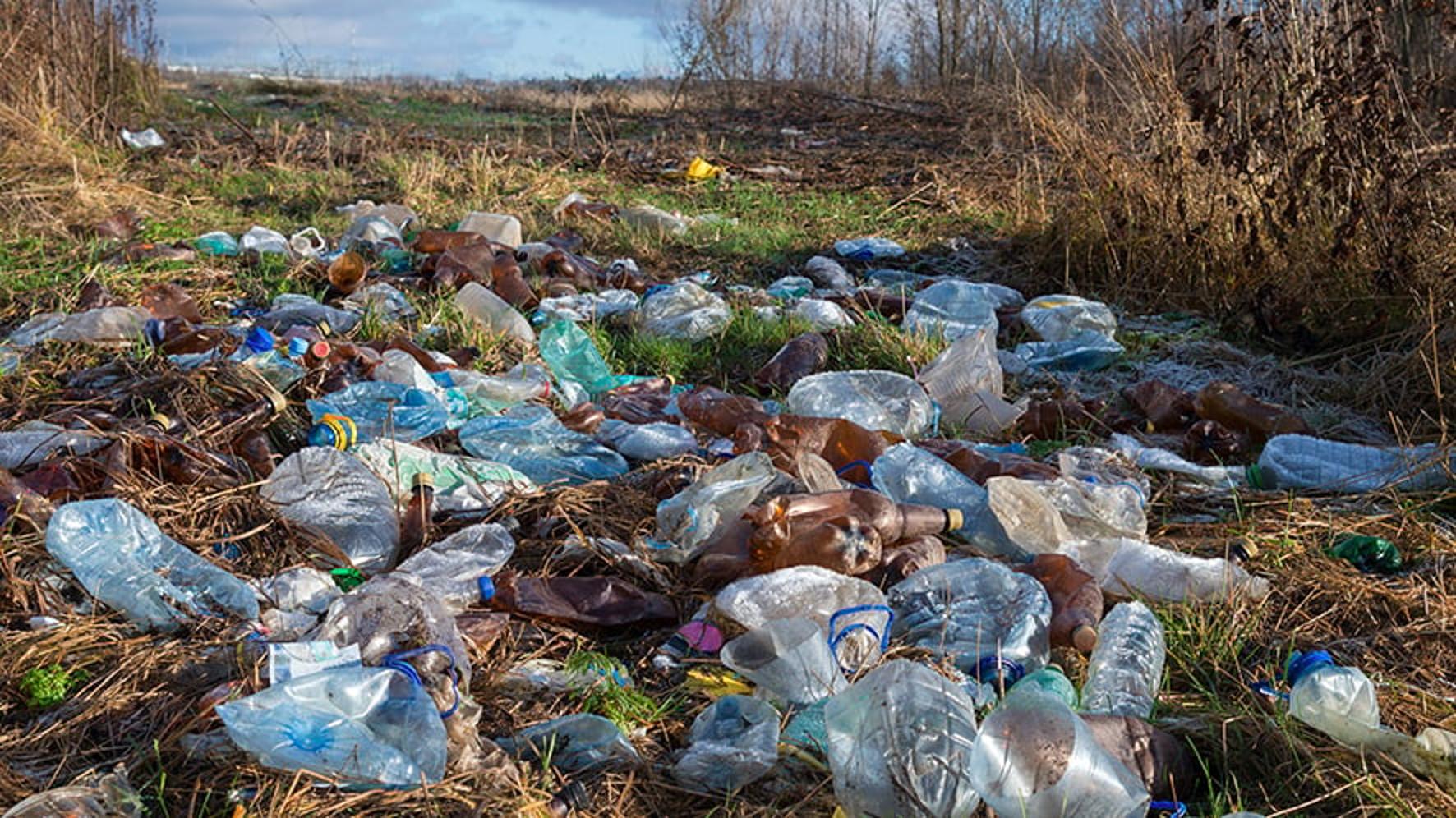This Plastic Free July, South West Water is reinforcing its commitment to cutting plastic waste and protecting the environment - from the ocean to the tap.
Plastic pollution is a growing threat to marine life, ecosystems, and even human health. Scientists estimate 171 trillion pieces of plastic are now floating in the world’s oceans and this is having major consequences for marine life.
Single-use plastics including bottles, food packaging, and fishing equipment degrade over time into smaller pieces and marine animals like fish, whales and turtles may swallow these plastics.
These plastics can stay in marine animals’ stomachs and cause health problems for them like starvation but can also have further reaching consequences for these creatures.
Marine animals can become entangled in plastic waste which reduce their mobility and cause wounds which can become infected, making them vulnerable to predators.It also means they can be unable to surface which can sadly lead to them drowning.
Single-use plastic takes centuries to break down into less harmful material but one of the knock-on effects of this is that it breaks down into smaller fragments called microplastics.
Microplastics can be inhaled or consumed and have been found everywhere from the stomachs of sea turtles to human tissue – but there are concerns about the impact microplastics may have on human health, and scientific studies are investigating this further.
Investing to protect the environment
Protecting the environment is one of South West Water’s key priorities with the company committing to achieve Net Zero carbon emissions by 2030.
South West Water has a ‘green first’ policy of finding nature friendly solutions to problems and aims to drive research in all aspects of the water sector to address challenges it may face now and in the future.
To do this, the company invested £21 million to establish the Centre for Resilience in Environment Water and Waste (CREWW) in collaboration with the University of Exeter in March 2024.
One of the flagship projects CREWW is leading on is the creation of a dedicated microplastics lab, led by world leading academics from University Exeter.
Since 2023, the research project team has carried out a wide-ranging research programme focussed on growing understanding of microplastics with a specific focus on bioresources.
South West Water also supports community events and festivals across Devon and Cornwall by providing refill stations for drinking water, encouraging people to bring reusable bottles and skip single-use plastics.
Plastic Free July is a reminder that change doesn’t just happen through investment in research - it happens in everyday choices.
Kim Williams, Director of Water Resources at South West Water said:
“We’re focused on practical action to protect our environment and that’s why we invested £21 million to establish CREWW and are working with world leading academics at the University of Exeter to grow our understanding of microplastics.
“We’re proud to be supporting community events and festivals with our free water refill stations this summer and encourage lasting habits that benefit people and planet
“Refilling your water bottles when you’re out and about is an easy step everyone can take to reduce plastic waste and shows that small changes can make a real impact.”
